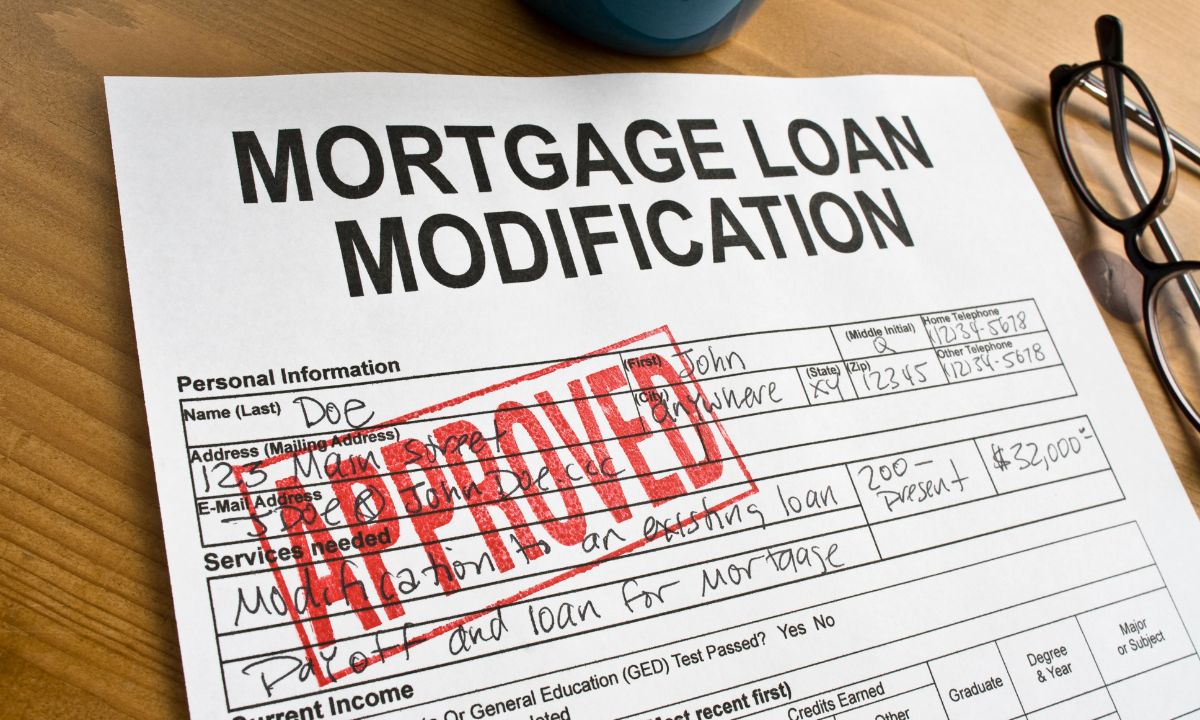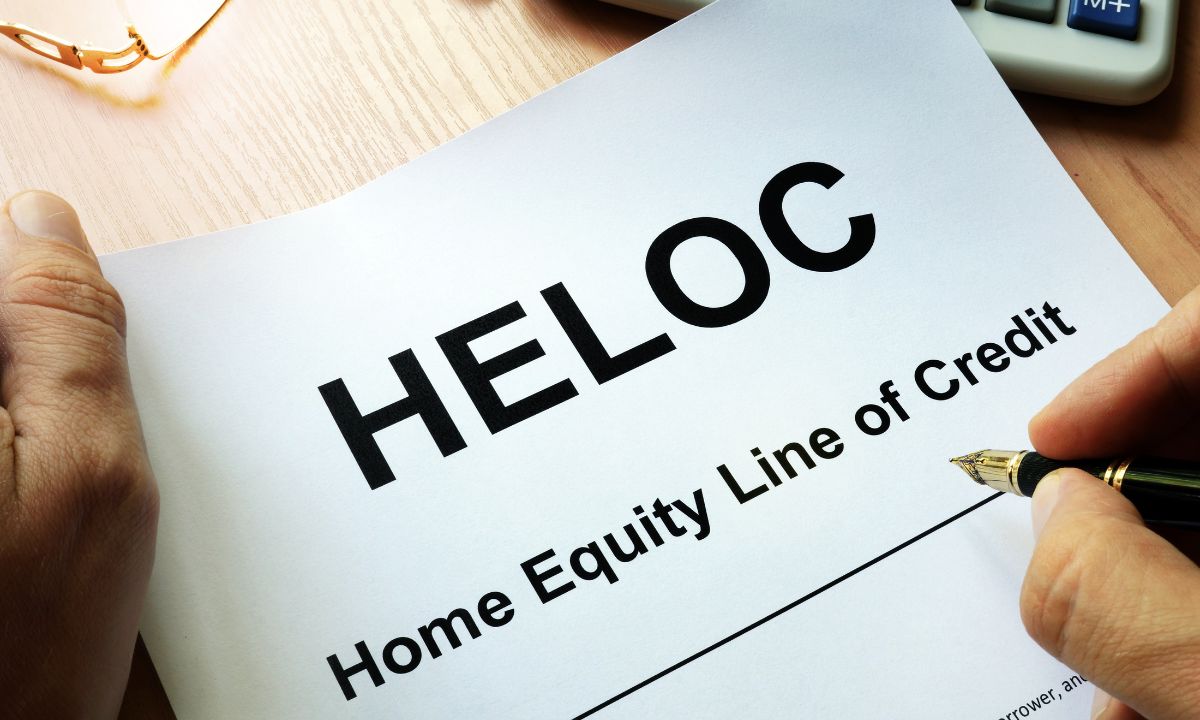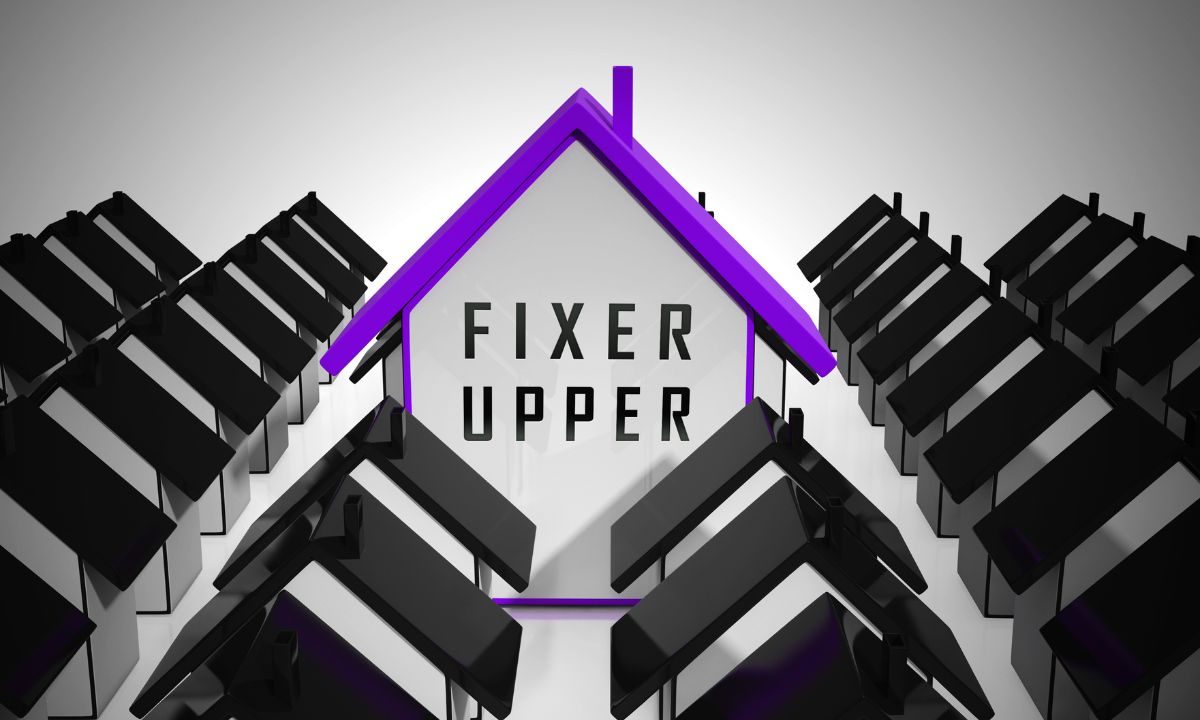 Divorce or separation is a challenging time, and amidst the emotional and logistical complexities, handling mortgage issues can add another layer of stress. For many couples, their home represents not just a financial investment but a symbol of stability and security. However, when relationships break down, decisions about homeownership become crucial. Here is some guidance on how to navigate mortgages during a divorce or separation.
Divorce or separation is a challenging time, and amidst the emotional and logistical complexities, handling mortgage issues can add another layer of stress. For many couples, their home represents not just a financial investment but a symbol of stability and security. However, when relationships break down, decisions about homeownership become crucial. Here is some guidance on how to navigate mortgages during a divorce or separation.
Communication is Key: Open and honest communication between partners is crucial when it comes to mortgage matters. Discuss your options openly and try to reach a consensus on what to do with the family home. Whether it’s selling the house, buying out one partner’s share, or continuing joint ownership for a period, clarity is essential.
Understand Your Mortgage: Take the time to review your mortgage documents thoroughly. Understand the terms and conditions, including any clauses related to divorce or separation. Knowing your obligations and rights regarding the mortgage will help you make informed decisions.
Explore Your Options: There are several options available when it comes to dealing with the mortgage during a divorce. Selling the house and splitting the proceeds is one common approach. Alternatively, one partner may choose to buy out the other’s share, refinancing the mortgage in their name alone. Another option is to continue joint ownership for a certain period, allowing time for market conditions to improve before selling.
Consult Professionals: Seeking advice from legal and financial professionals is highly recommended. A divorce attorney can help you understand the legal implications of various decisions and ensure that your rights are protected. Additionally, a financial advisor can provide valuable insights into the financial implications of different options and help you make sound decisions for your future.
Consider the Long-Term Financial Impact: When making decisions about the family home, consider the long-term financial implications for both parties. Can one partner afford to keep the house on their own? Will selling the house provide enough funds to secure alternative housing? These are important questions to consider when evaluating your options.
Prioritize Emotional Well-being: Divorce is emotionally taxing, and decisions about the family home can be emotionally charged. It’s essential to prioritize your emotional well-being throughout the process. Seek support from friends, family, or a therapist to help you navigate this challenging time with resilience and grace.
Plan for the Future: Once you’ve resolved the mortgage issues related to your divorce, it’s important to focus on rebuilding your financial future. Create a budget, set financial goals, and develop a plan to achieve them. Whether it’s saving for a new home, investing for retirement, or starting a new chapter in your life, having a clear financial plan can provide a sense of direction and stability.
Remember, while navigating mortgages during a divorce can be challenging, it’s essential to approach the process with patience, empathy, and a focus on finding solutions that work for both parties. By communicating openly, seeking professional advice, and prioritizing your long-term financial well-being, you can navigate this transition with confidence and emerge stronger on the other side.
 Welcome to our consumer blog, where we delve into the finer details of real estate and homeownership. Today, we’re exploring the enticing realm of gated communities and why they might just be the perfect fit for your next home purchase.
Welcome to our consumer blog, where we delve into the finer details of real estate and homeownership. Today, we’re exploring the enticing realm of gated communities and why they might just be the perfect fit for your next home purchase. When it comes to purchasing Real Estate, the traditional financing options may not always be the perfect fit for every aspiring homeowner. Fortunately, a range of alternative financing options exists, offering innovative solutions that cater to diverse financial circumstances. Here are some creative financing avenues that empower homebuyers to achieve their dream of homeownership: rent-to-own, lease-purchase agreements, and shared equity arrangements.
When it comes to purchasing Real Estate, the traditional financing options may not always be the perfect fit for every aspiring homeowner. Fortunately, a range of alternative financing options exists, offering innovative solutions that cater to diverse financial circumstances. Here are some creative financing avenues that empower homebuyers to achieve their dream of homeownership: rent-to-own, lease-purchase agreements, and shared equity arrangements. In times of financial hardship, such as job loss, medical emergencies, or economic downturns, homeowners may find it challenging to keep up with their mortgage payments. When facing such difficulties, understanding options like mortgage forbearance and loan modification can be crucial for maintaining stability and avoiding foreclosure. Let’s discuss what homeowners need to know about mortgage forbearance and loan modification, including their differences, implications, and how to navigate these options effectively.
In times of financial hardship, such as job loss, medical emergencies, or economic downturns, homeowners may find it challenging to keep up with their mortgage payments. When facing such difficulties, understanding options like mortgage forbearance and loan modification can be crucial for maintaining stability and avoiding foreclosure. Let’s discuss what homeowners need to know about mortgage forbearance and loan modification, including their differences, implications, and how to navigate these options effectively. Home equity loans and Home Equity Lines of Credit (HELOCs) are two avenues through which homeowners can tap into this valuable asset. Understanding the differences between them is crucial for making informed financial decisions. We will review the intricacies of these financial products, exploring how they work and helping you determine which might be the better fit for your needs.
Home equity loans and Home Equity Lines of Credit (HELOCs) are two avenues through which homeowners can tap into this valuable asset. Understanding the differences between them is crucial for making informed financial decisions. We will review the intricacies of these financial products, exploring how they work and helping you determine which might be the better fit for your needs. Are you in the market for a new home? Have you considered the allure of a fixer-upper? While the idea of purchasing a home that needs a bit of TLC might seem daunting at first, numerous benefits come with this type of investment. We will plunge into the exciting world of fixer-uppers and uncover why they might just be the perfect choice for you.
Are you in the market for a new home? Have you considered the allure of a fixer-upper? While the idea of purchasing a home that needs a bit of TLC might seem daunting at first, numerous benefits come with this type of investment. We will plunge into the exciting world of fixer-uppers and uncover why they might just be the perfect choice for you. Homes are more than just a building. They are filled with memories of children taking their first steps, holidays that were celebrated with family members and friends, and Super Bowl parties filled with smiles and cheers.
Homes are more than just a building. They are filled with memories of children taking their first steps, holidays that were celebrated with family members and friends, and Super Bowl parties filled with smiles and cheers. Fix-and-flip projects can be lucrative endeavors for real estate investors, but they often require a significant upfront investment. One key financial tool that savvy investors use to fund these projects is a construction loan. We will examine how you can leverage construction loans to maximize your profits in the fix-and-flip game.
Fix-and-flip projects can be lucrative endeavors for real estate investors, but they often require a significant upfront investment. One key financial tool that savvy investors use to fund these projects is a construction loan. We will examine how you can leverage construction loans to maximize your profits in the fix-and-flip game. Join us as we navigate through the common queries that may emerge throughout your mortgage journey. Remember, your quest for homeownership should be illuminated with comprehension and direction. Let’s discuss the primary 4 mortgage inquiries and decode the secrets to unlocking the gateway to your ideal home.
Join us as we navigate through the common queries that may emerge throughout your mortgage journey. Remember, your quest for homeownership should be illuminated with comprehension and direction. Let’s discuss the primary 4 mortgage inquiries and decode the secrets to unlocking the gateway to your ideal home. Are you tired of pouring your hard-earned money into rent payments every month, only to see it vanish into thin air? Have you ever considered that homeownership might be the key to escaping the rent trap and building wealth for your future? We will explore how homeownership can be a powerful wealth-building tool compared to renting.
Are you tired of pouring your hard-earned money into rent payments every month, only to see it vanish into thin air? Have you ever considered that homeownership might be the key to escaping the rent trap and building wealth for your future? We will explore how homeownership can be a powerful wealth-building tool compared to renting.